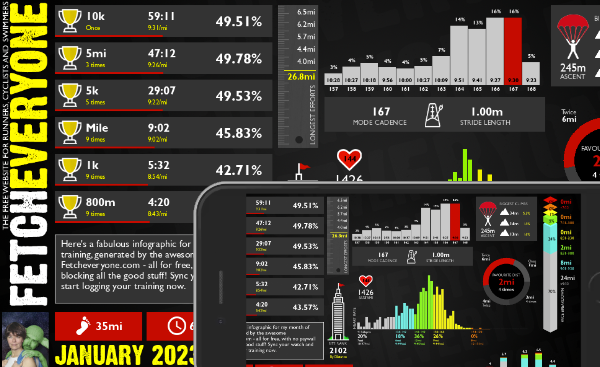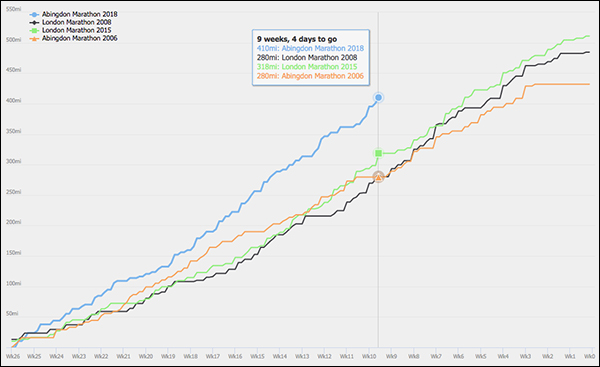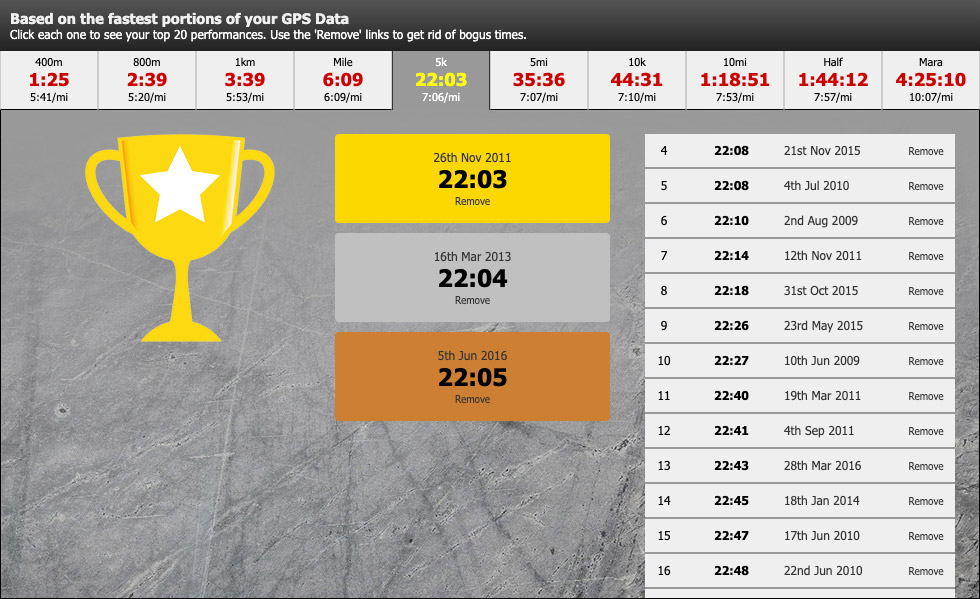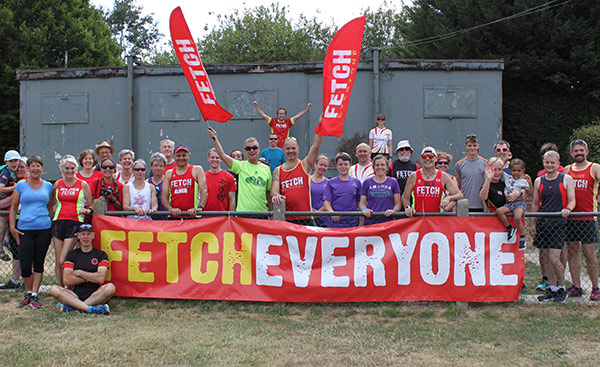Marathon Checklist

If you're running a marathon this weekend, you don't need me to give you a packing list. No doubt you've been thinking about all that stuff for a while now, and through rigorous testing, I'm sure you've worked out which kit you're going to wear; how you're going to stay fuelled up during the race; and all the stuff you'll need before and after. If you haven't done all that, you'd better hurry.
This is not that kind of checklist. It's not something you can rush out and get sorted. It's a training checklist, built by looking at the exploits of hundreds of marathon runners, to help give you an idea of where you are, and what your chances are on the big day.
And now here comes the massive caveat. This article may not tell you what you want to hear. And if that's the case, I'd be DELIGHTED if you call in here after your marathon and thumb your nose at me and my stupid stats. I hope you have a fabulous time, and exceed all your expectations. And on the flip side of that, don't treat these numbers as a license to thrash yourself into a stupor for the sake of a time. In any race, of any distance, things can always be unexpectedly tough on the day - so please race safely, and look after yourself.
Now that bit's over with, let's look at the tool I've built - I hope you like it! I used data from 630 runners who had completed marathons, all of whom were racing to get a new personal best. That last bit is a useful distinction, as it eliminates those who were pacing a friend round; returning cautiously from injury; dressed as the International Space Station, etc. And the good news straight away is that exactly two thirds of our PB hopefuls reached their goals!
The tool I've built allows you to choose your goal (e.g. sub-4 hrs), and to select or estimate a recent best marathon time (in my case, I can only estimate, as it's been seven years since I last ran one). A tribe of magic elves will then search our database for other runners who successfully ran the time you're hoping for. It shows you the amount of training mileage they ran leading up to their race; their overall training pace; and the length of their five longest runs. And if you've been recording your own training on Fetch, it'll show you your own numbers too. Finally, it will give you some median figures, so you can see how you compare to an 'average' runner with similar goals.
For example, I looked at my own data, using the sub-4:15 group, as I'd be very pleased with that. My mileage was a lot lower than the median - 373 compared with 486. In fact, only seven of the other runners had run less miles than me. My average pace is a little slower too - 9:46 compared with a median of 9:24. But my long runs are pretty solid - my five longest runs add up to 94.5 - almost bang on the median; and the same can be said for my ten longest - 161 miles. I'm hoping therefore that those long runs will serve me well!
Try the checklist tool


Monthly Summary
A brand new shareable infographic showing a colourful breakdown of your training month.

Marathon Prediction
We delve deeper to give you greater insights when working out your goal marathon time.

Pre-race Training Analysis
See your accumulated mileage in the weeks leading up to any event in your portfolio, and compare it to your other performances

Your 365 Day Totals
Peaks and troughs in training aren't easy to find. Unless you use this graph. Find out what your peak training volume really is

Benchmarks
See the fastest portions from all your training runs. Filter by time to give you recent bests to aim at. Every distance from 400m to marathon.

Fetch Everyone Running Club
Join our UKA-affiliated club for event discounts, London Marathon ballot places, the chance to get funded for coaching qualifications, and a warm feeling inside.





Leave a comment...
-
Interesting article but why have you used McGoohan's photo?
Jigs
-
Blimey, I like this tool. By it's calculations, my November marathon attempt will be blistering. Let's hope I can live up to it.
Mark J 🇳🇿
-
Wow, this is great for a stats lover like me.
tipsku
-
Would it be possible to split out pace? e.g. Pace of runs marked as speed (intervals, tempo and/or MP - either split or combined) vs. pace of general and/or long runs? This is related to polarisation - a lot of people may be doing lots of long slow runs or their general runs gently, but with good speed work. Having just one 'pace' figure might suggest to people that they just have to run everything more quickly, which I don't believe is best advice. Great stattage generally though!
 G
G
HappyG(rrr)
-
Interesting. For runners who have done sub3:30 and want sub 3:15 there is no clear correlation between training and results except - the faster the previous attempt was, the faster the result. Doh.
Unicorn
To comment, you need to sign in or sign up!